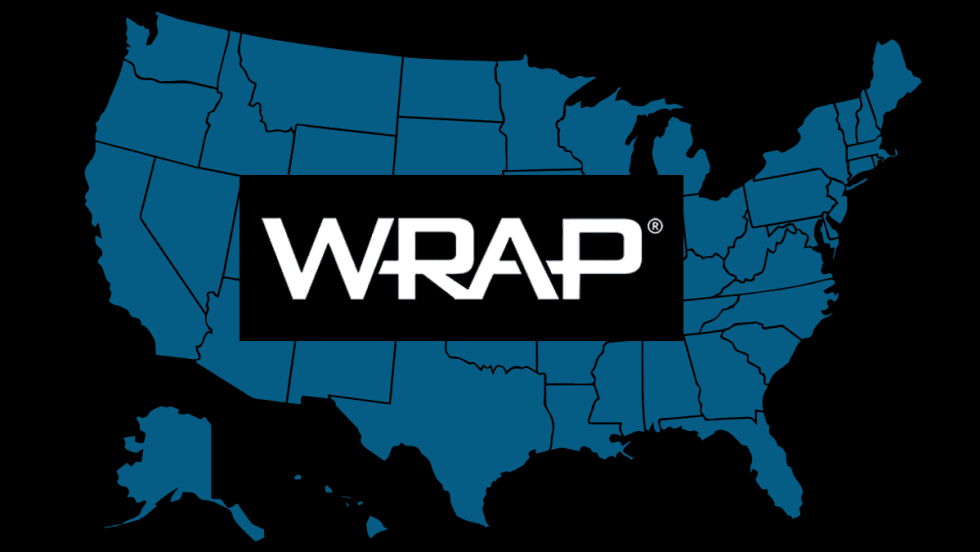Article
We're experiencing technical difficulties. Please try again later.
More Articles

Wrap Raises $5 Million to Restart Domestic Manufacturing & Advance R&D
With new funding, Wrap Technologies will restart domestic manufacturing, advance validated R&D programs into commercialization, and responsibly accelerate early growth initiatives aligned with rising demand for non-lethal response capabilities.
Read More →
Team Wendy Now on GovX: Faster Verification and Discount Access for Eligible Professionals
With GovX verification now integrated directly into the Team Wendy checkout experience, eligible customers can confirm their status in just a few clicks and have the discount applied automatically.
Read More →
Emergency Vehicle Upfitter LEHR Opens New Facility in New Jersey
LEHR’s new centralized upfitting facility in New Jersey consolidates operations to deliver faster turnaround times and enhanced fleet capacity for law enforcement agencies across the Northeast.
Read More →
Streamlight Celebrates the 20-Year Anniversary of the TLR Series
This year, Streamlight marks two decades of weapon-mounted lighting innovation with the 20th anniversary of the TLR-1.
Read More →
Versaterm Appoints New Chief Technology Officer
Johann Jooste brings more than two decades of experience designing scalable platforms for law enforcement and emergency services to his new role as chief technology officer at Versaterm.
Read More →
North Carolina Sheriff’s Office Improves Fueling Reliability & Operational Control
The Madison County Sheriff’s Office overcame fuel management and accounting challenges by turning to RoadFlex to improve fueling reliability, visibility, and administrative control.
Read More →
5.11 Debuts 2026 Footwear & Apparel at SHOT Show
5.11 showcased new apparel and footwear products during SHOT Show 2026, including new color options for the A/T Boa Lite Mid Boot and the Founder’s Jacket.
Read More →
CentralSquare Surpasses 1,000 Cloud Deployments
CentralSquare Technologies has exceeded its Cloud 1000 initiative, reaching 1,065 cloud deployments for public safety agencies.
Read More →
5.11 Debuts New Load-Bearing Gear at SHOT Show
5.11 launched a variety of new load-bearing gear, ranging from backpacks to chest packs, designed for training, travel, and everyday readiness, this week during SHOT Show 2026.
Read More →
ZeroEyes Marks Successful 2025 Highlighted by Rapid Growth, Expanded Partnerships, 1,000+ Confirmed Real World Firearm Detections
AI gun detection company ZeroEyes has doubled its partner channel and expanded its operations center to meet growing demand, plus has surpassed 1,000 verified alerts of confirmed gun detections.
Read More →
